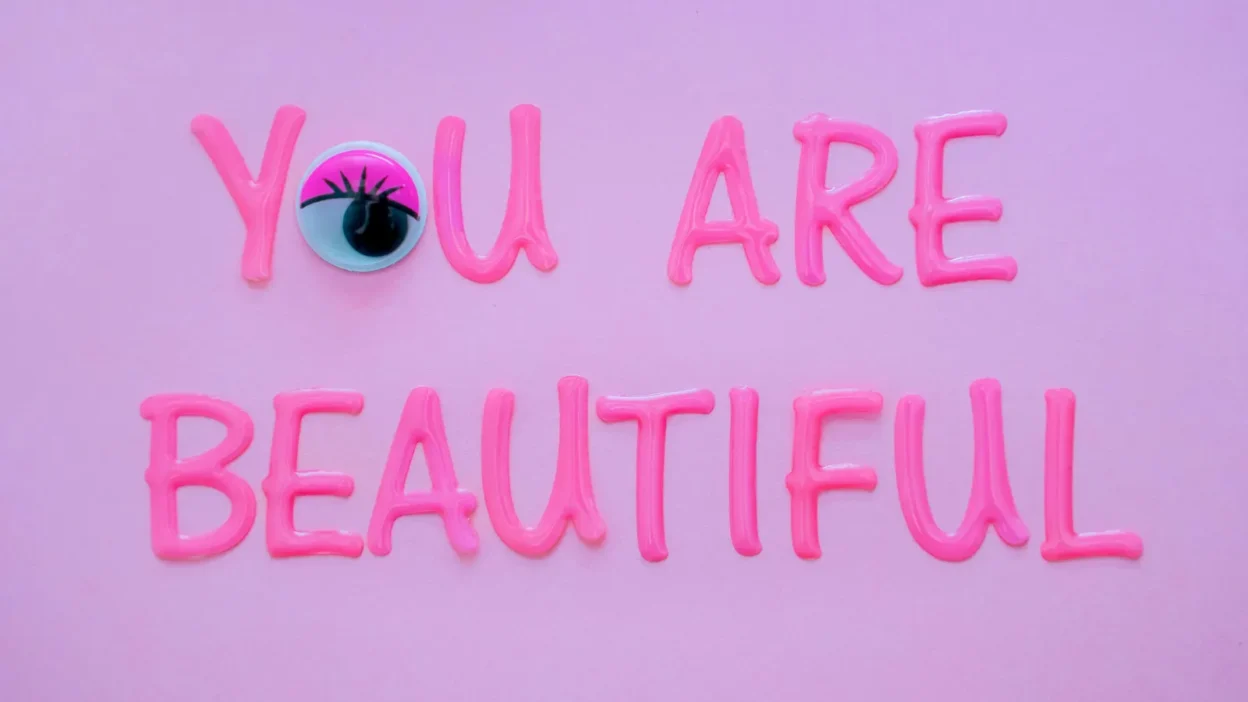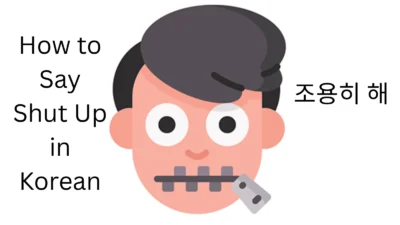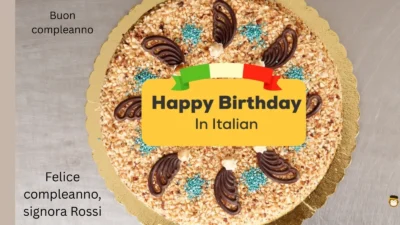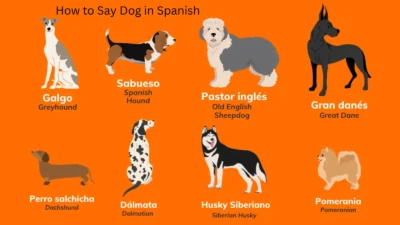“You are beautiful” in Spanish is most commonly said as “Eres hermosa.” This phrase is used when talking to a woman and means she is physically or emotionally beautiful. For men, people say “Eres guapo.” Both phrases are polite, natural, and widely used.
Most users search how to say you are beautiful in Spanish to give a compliment, learn romantic phrases, or speak more confidently in Spanish. The user intent is clear: they want the correct phrase, easy meaning, and proper usage without confusion.
In this guide, you’ll learn the right Spanish phrase for different situations, including gender and tone. The explanation uses simple words, follows featured snippet style, and is broken into short, easy paragraphs for quick understanding.
You are Beautiful in Spanish
15 Ways to Say “Beautiful” in Spanish
| Spanish Phrase | Pronunciation | Meaning | Context |
|---|---|---|---|
| Hermosa | ehr-MOH-sah | Beautiful | Formal, common compliment for women |
| Bello/Bella | BEH-yoh / BEH-yah | Lovely, beautiful | Poetic, elegant compliment |
| Guapa | GWAH-pah | Pretty, good-looking | Casual, often for women |
| Bonita | boh-NEE-tah | Pretty | Common, everyday use |
| Linda | LEEN-dah | Cute, pretty | Warm, affectionate |
| Preciosa | preh-SYOH-sah | Gorgeous, precious | Strong compliment |
| Encantadora | en-kahn-tah-DOH-rah | Charming | Used for personality and looks |
| Radiante | rah-DEE-ahn-teh | Radiant | Describes glowing beauty |
| Atractiva | ah-trahk-TEE-vah | Attractive | Neutral, formal compliment |
| Chula | CHOO-lah | Cute, stylish | Informal, slang (Mexico) |
| Mona | MOH-nah | Cute, pretty | Informal, friendly |
| Deslumbrante | dehz-loom-BRAHN-teh | Stunning | Strong, dramatic compliment |
| Estupenda | es-too-PEHN-dah | Wonderful, splendid | Strong admiration |
| Fascinante | fah-see-NAHN-teh | Fascinating, beautiful | Both beauty and charm |
| Magnífica | mag-NEE-fee-kah | Magnificent, grand | Formal, poetic compliment |
Here are 15 authentic ways to say you are beautiful in Spanish, complete with example dialogues and a look into where and how each expression is used.
1. Eres hermosa – You are beautiful (formal and romantic)
Origin & Use:
“Hermosa” comes from the Latin formosus, meaning well-formed. It’s formal and poetic—common in love songs and poetry.
Example:
👤 User A: Eres hermosa, como una rosa en primavera.
👤 User B: Ay, qué lindo lo que dices…
2. Eres bonita – You are pretty
Origin & Use:
“Bonita” is softer and more everyday. It’s used often in Spain and Latin America to describe a woman in a sweet, non-intense way.
Example:
👤 User A: ¿Sabías que eres muy bonita?
👤 User B: ¡Gracias! Qué tierno eres.
3. Eres guapa – You are good-looking / beautiful (Spain)
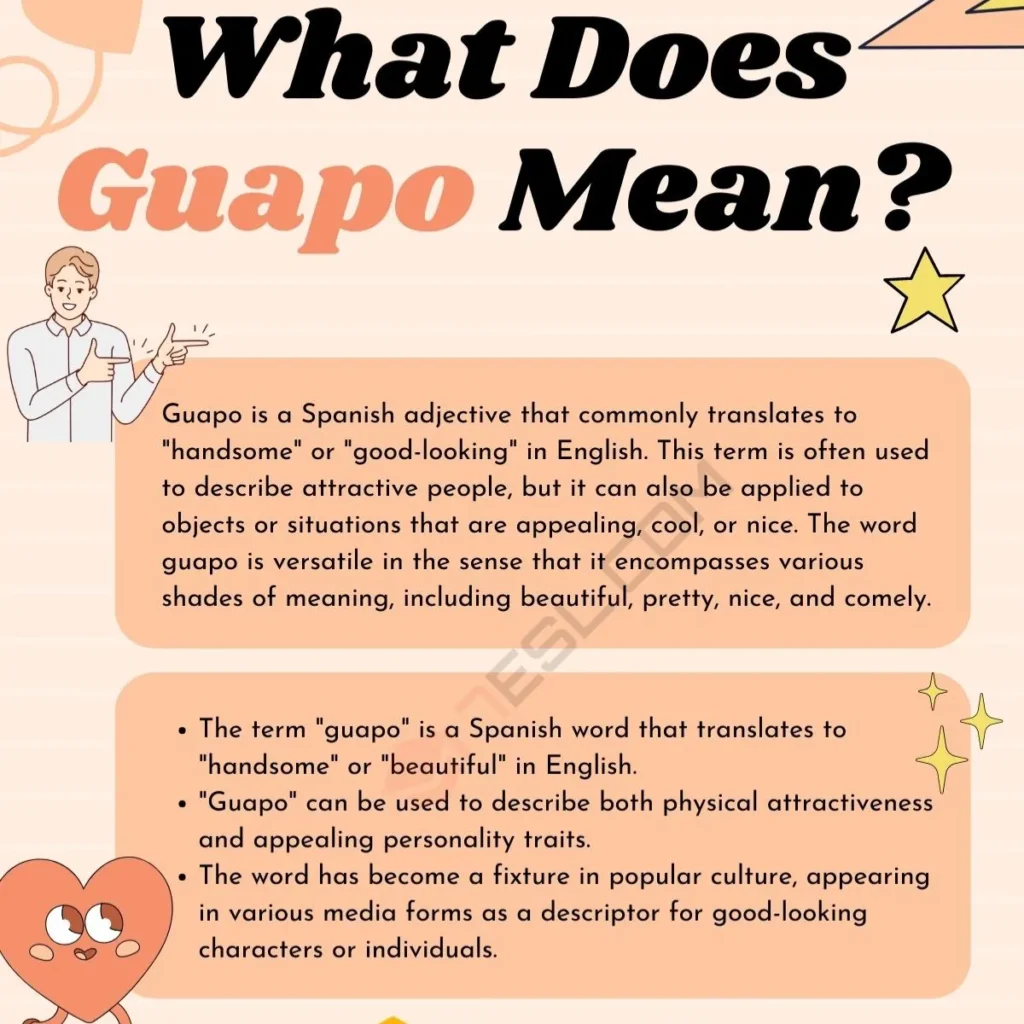
Origin & Use:
Very common in Spain, especially to compliment someone’s physical appearance. Less common in Latin America.
Example:
👤 User A: ¡Hola, guapa! ¿Cómo estás?
👤 User B: Muy bien, gracias. ¡Qué halago!
4. Estás hermosa – You look beautiful (right now)
Origin & Use:
“Estás” implies a temporary state—used to comment on someone’s current appearance (e.g., dressed up).
Example:
👤 User A: Estás hermosa esta noche.
👤 User B: ¡Gracias! Me arreglé para ti.
5. Estás guapísima – You look stunning / very beautiful
Origin & Use:
A superlative form of “guapa.” Often heard in Spain to emphasize beauty. Great for compliments at parties or events.
Example:
👤 User A: ¡Estás guapísima con ese vestido!
👤 User B: ¡Qué exagerado! Pero gracias.
6. Eres bella – You are beautiful (timeless and poetic)
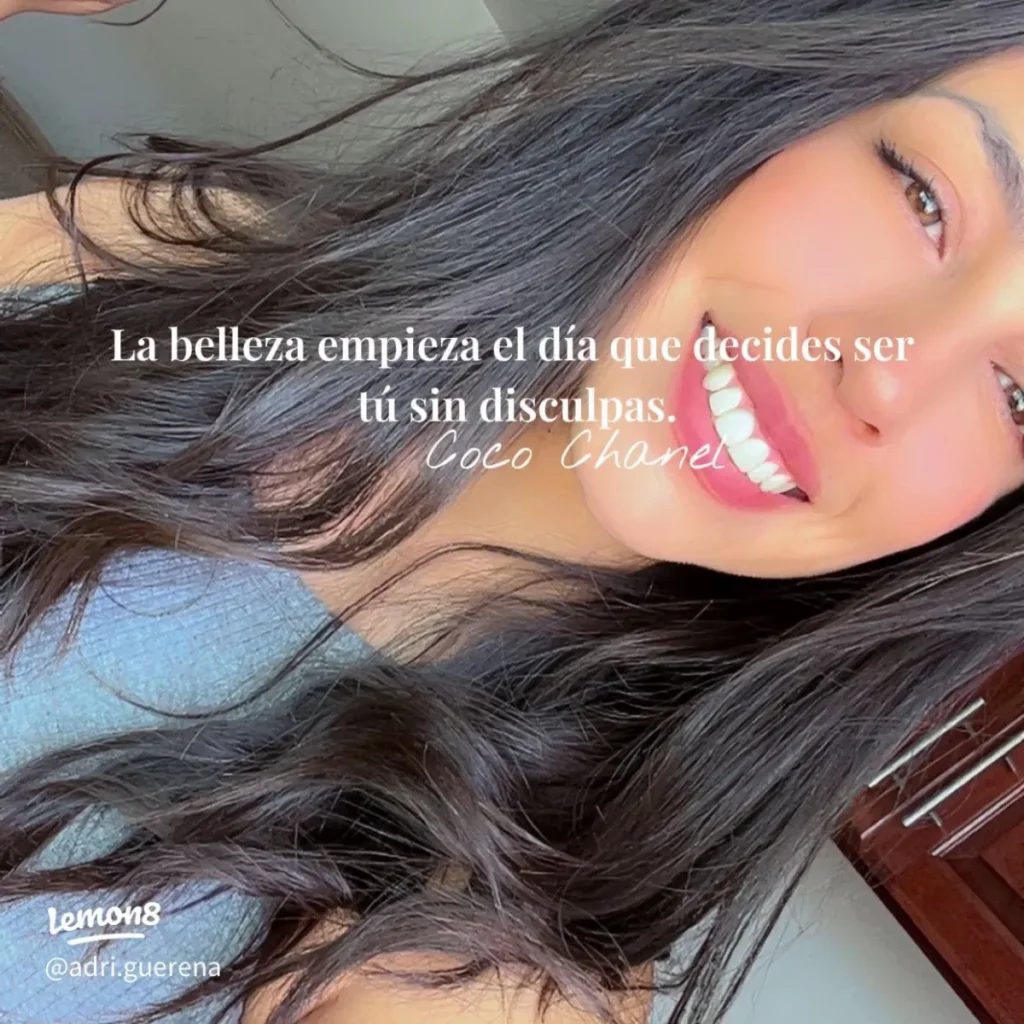
Origin & Use:
“Bella” is more poetic and used across Latin America. It has a timeless, classic feel—often in romantic films or literature.
Example:
👤 User A: Eres bella por dentro y por fuera.
👤 User B: Eso me llegó al corazón.
7. Eres un bombón – You’re a hottie / cutie (playful)
Origin & Use:
“Bombón” literally means “chocolate candy.” It’s playful and flirty, mostly in Latin American Spanish.
Example:
👤 User A: ¿Quién te dio permiso de ser tan bombón?
👤 User B: Jajaja, tú siempre tan coqueto.
8. Qué linda eres – How pretty you are
Origin & Use:
Common in many Latin American countries. “Linda” can mean sweet, pretty, or cute, depending on tone.
Example:
👤 User A: Qué linda eres cuando sonríes.
👤 User B: ¡Me haces sonrojar!
9. Te ves hermosa – You look beautiful

Origin & Use:
This focuses on current appearance. “Te ves” = “you look.” Very common in casual, kind compliments.
Example:
👤 User A: Te ves hermosa hoy. ¿Tienes algo especial?
👤 User B: Solo quería verme bien para ti.
10. Eres preciosa – You are gorgeous
Origin & Use:
“Preciosa” is used widely across the Spanish-speaking world and carries a sweet, affectionate tone.
Example:
👤 User A: Eres preciosa como una joya rara.
👤 User B: Qué romántico, gracias.
11. Eres divina – You are divine (elegant, poetic)
Origin & Use:
Common in Argentina and Uruguay. “Divina” is a fashionable and sometimes dramatic way to describe someone stunning.
Example:
👤 User A: Amiga, estás divina hoy.
👤 User B: ¡Ay, qué halago! Gracias.
12. Tú brillas – You shine / You’re radiant
Origin & Use:
Not a literal compliment on looks, but on presence or inner glow. Gaining popularity in modern Spanish.
Example:
👤 User A: Hoy tú brillas más que el sol.
👤 User B: ¡Qué bonito decir eso!
13. Qué guapa estás – How pretty you look
Origin & Use:
Used to emphasize current appearance. Popular in Spain, especially among friends or flirtatious conversations.
Example:
👤 User A: ¡Qué guapa estás con ese peinado!
👤 User B: ¡Gracias! Me lo hizo mi hermana.
14. Te ves radiante – You look radiant
Origin & Use:
More sophisticated and poetic. Often used at weddings or formal events.
Example:
👤 User A: Te ves radiante. ¿Estás enamorada?
👤 User B: Tal vez… 😉
15. Eres una diosa – You are a goddess
Origin & Use:
A dramatic, powerful compliment comparing someone to a goddess. Often playful, but can also be deeply admiring.
Example:
👤 User A: Eres una diosa, no tengo palabras.
👤 User B: Eres un encanto, gracias.
FAQs
1. How do you say “You are beautiful” in Spanish?
You can say “Eres hermosa” or “Eres bella.”
2. What is the most common casual way to say it?
“Eres bonita” is softer and commonly used in daily conversation.
3. How do you say it to a man?
Use “Eres guapo” (You are handsome).
4. Does “Hermosa” sound more romantic?
Yes ✅ “Eres hermosa” is more romantic and emotional.
5. Can I use “Linda” instead?
Yes, “Eres linda” also means beautiful/sweet and is friendly and warm.
6. How do I say “You look beautiful today”?
Say “Te ves hermosa hoy.”
7. How do I say “You are very beautiful”?
Say “Eres muy hermosa” or “Eres muy bonita.”
8. Is there a flirty way to say it?
Yes 😉 “Eres preciosa” is a cute and loving compliment.
9. How to say it respectfully or politely?
You can use “Usted es hermosa” for formal respect.
10. How do I compliment someone’s inner beauty?
Say “Eres hermosa por dentro y por fuera” (Beautiful inside and out).
Conclusion:
Now that you know how to say you are beautiful in Spanish, you can confidently express compliments in a heartfelt and authentic way. If it’s for a friend, partner, or someone special, these phrases add warmth and charm to your conversations. Keep practicing, and you’ll naturally impress with your Spanish-speaking skills.
